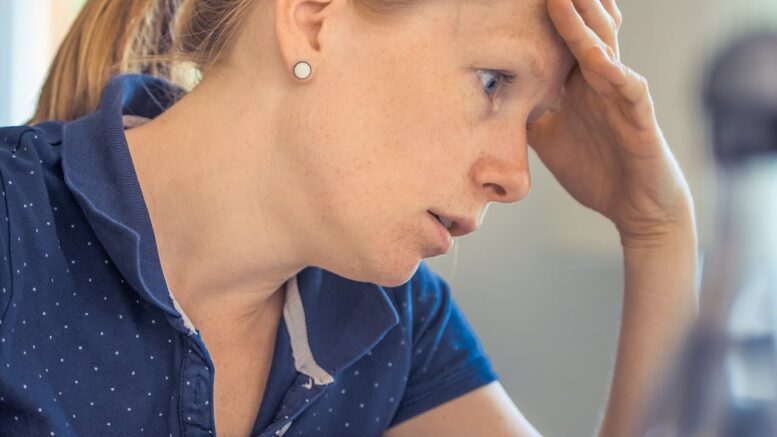Anxiety can be a difficult and overwhelming part of life, but there are effective therapies that can greatly lessen its effects. This thorough guide will walk you through five effective anxiety treatments, each providing a unique method to address the many ways that this mental illness might present itself.
1. CBT, or Cognitive-Behavioral Therapy
The gold standard for treating anxiety is cognitive-behavioral therapy (CBT), which provides an organized, goal-oriented method to assist you in understanding and controlling your feelings, ideas, and actions. The foundation of cognitive behavioral therapy (CBT) is that your thoughts affect your emotions and actions. During a CBT session, you and your therapist collaborate to identify the erroneous thinking patterns that fuel worry. This procedure, called cognitive restructuring, promotes a viewpoint that is more realistic and balanced. You can find a highly experienced anxiety therapist in Chicago, or where you live, who specializes in CBT by conducting a quick internet search.
2. Medication
When treating moderate to severe instances of anxiety, medication is often an essential element of the therapy plan. By affecting the central nervous system, anti-anxiety drugs like benzodiazepines provide quick relief from acute anxiety symptoms. Because there is a chance of dependency, these drugs are usually administered for limited periods. However, antidepressants are often given for the long-term treatment of anxiety, especially selective serotonin reuptake inhibitors (SSRIs) and serotonin-norepinephrine reuptake inhibitors (SNRIs). These drugs function by altering the brain’s neurotransmitter levels, which gradually improves mood stability and lessens anxiety symptoms.
3. Mindfulness-Based Stress Reduction (MBSR)
An evidence-based treatment method called mindfulness-based stress reduction (MBSR) uses yoga and mindfulness meditation to reduce stress and enhance emotional health. MBSR, which has its roots in traditional contemplative practices, teaches you how to become more aware of the present moment, evaluate your thoughts objectively, and learn to handle stress in a non-reactive way. You practice guided mindfulness meditation with an emphasis on breath awareness, body scanning, and mindful movement. These exercises promote a heightened awareness of the present moment by making you more aware of your thoughts and physical sensations.
4. Exposure Therapy
A behavioral treatment method called exposure therapy involves progressively exposing you to stimuli or circumstances that make you anxious. This evidence-based strategy works based on habituation, which states that when you approach anxiety-inducing events methodically and under control, your anxiety reaction gradually reduces. During an exposure therapy session, you and your therapist work together to rank the events that make you feel anxious. You begin with the scenario that causes the least amount of worry and work your way up the hierarchy, encountering progressively more difficult circumstances.
5. Biofeedback and Neurofeedback
Biofeedback and neurofeedback are treatment approaches that leverage technology to deliver real-time information about physiological processes, helping you develop control over automatic biological functions related to anxiety, such as heart rate and muscular tension. Attaching sensors to various body regions allows you to track physiological reactions via biofeedback. You can become conscious of minute variations in your body’s stress reactions by viewing this data. You can learn to actively control these reactions with the help of a therapist by using deep breathing exercises, relaxation techniques, or other methods.
Conclusion
Whether via cutting-edge biofeedback methods, exposure therapy, mindfulness exercises, psychotherapy, or medication, therapy provides a variety of approaches to reduce anxiety symptoms and enhance mental health in general. Working together with mental health specialists is crucial to creating a treatment plan that meets your specific requirements and guarantees a thorough and individualized approach to anxiety management.
